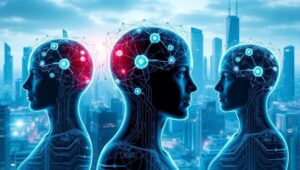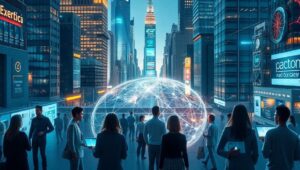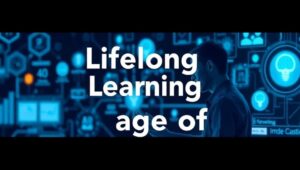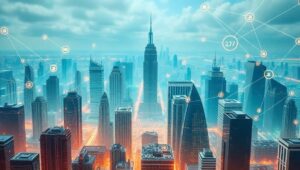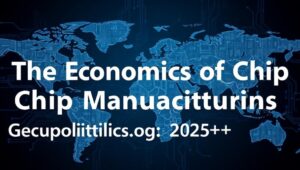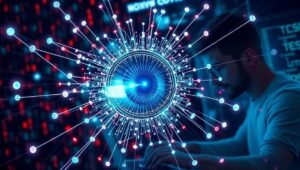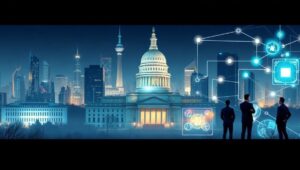June 2, 2025
Cybersecurity for Brain-Computer Interfaces: Protecting Thoughts (2030+)
Cybersecurity for Brain-Computer Interfaces: Protecting Thoughts (2030+) Brain-Computer Interfaces (BCIs) are no longer science fiction; they are rapidly becoming a reality. As we venture into the era of enhanced human capabilities and seamless integration of technology with our minds, the discussion around cybersecurity for BCIs is paramount. By 2030, BCIs will likely be more integrated into daily life, making it essential to understand and address the unique security challenges they present. What are Brain-Computer Interfaces? Brain-Computer Interfaces are devices that enable direct communication between the brain and an external device, such as a computer. These interfaces can be invasive, requiring
